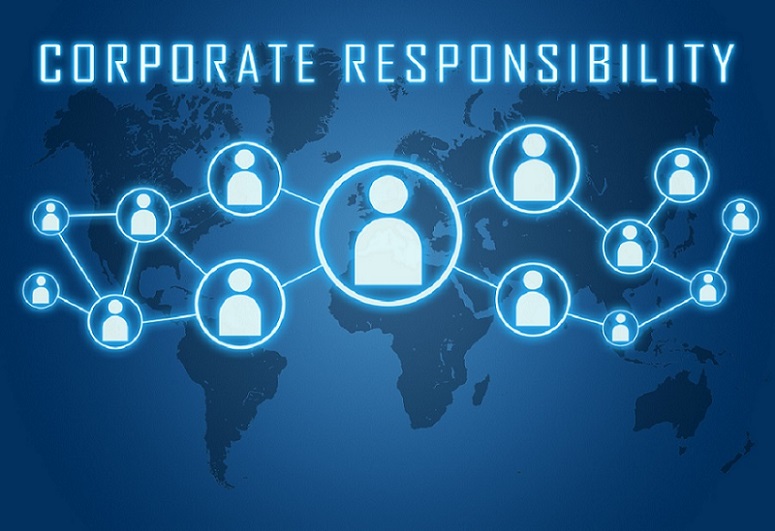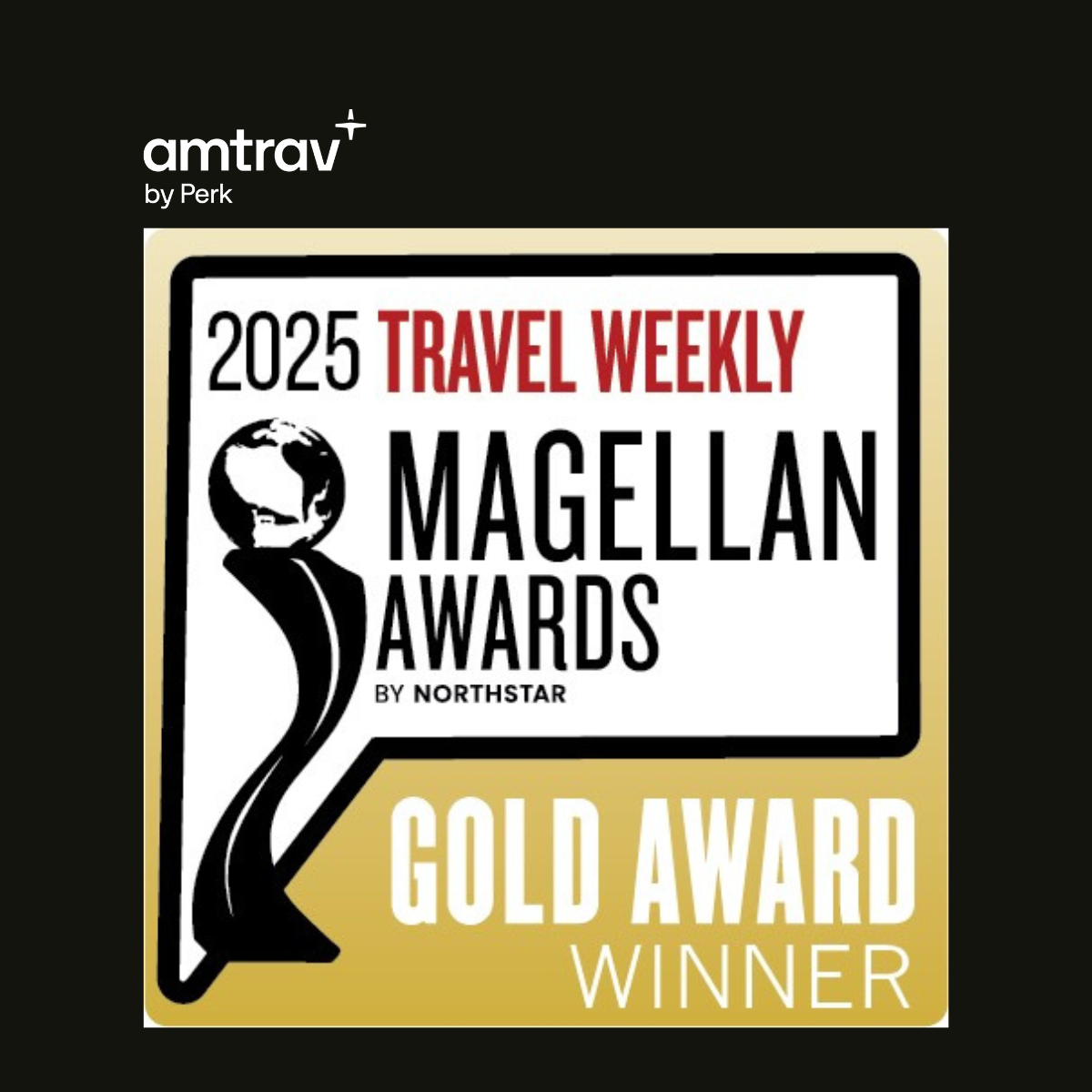Guest post with contributions by our own Janet Conlon – Account Manager
Are your employees traveling on your behalf in countries flagged as hot zones by the U.S. State Department? For employees traveling abroad, there’s the risk of political unrest, crime, terrorism, accidents and travel-related illnesses (no, those “Don’t drink the water” signs aren’t there for decoration).
But what are your company’s moral and legal responsibilities?
The phrase “duty of care” is often used interchangeably with the term “travel risk management.” Duty of care, defined as the “employee’s safety, security and overall well-being when working away from home or the office,” should be the expectation, as the result of deploying your company’s travel risk management plan. The two ideas actually work in concert – one does not exist without the other.
To master the fine art of travel risk management and duty of care, here are nine best practices for readying your team to expect the unexpected:
- Employers should create an internal company travel policy that establishes guidelines.
- The travel policy guidelines should be shared at the point of employee onboarding, and reiterated once again when the employee is scheduled to take their first trip on behalf of the company.
- Employers should verify that their employees understand the content of the travel policy. This is done by tailoring a strategic training program that resonates with employees through chunk learning, or teaching new information via short bursts. Finally, the employees should be tested on their level of understanding through a gamified survey.
- Employers should mandate that all employee travel information is located in one place (like mandating all travelers use a dedicated travel management company such as AmTrav.)
- Employers and employees should familiarize themselves with the potential threats for every trip, taking appropriate steps to prepare for those risks.
- Employers should track employees throughout their trip, and mandate that they check in with a designated contact at the home office at specific times.
- Employers should alert employees about any pending changes, problems or emergencies. There should be a phone call/text/email/Slack/WhatsApp decision tree for how to reach employees when the circumstances demand it.
- Employers should establish an “immediate response plan” — like a crisis management plan — specific to travel situations. This must be shared and verified with the employees.
- Finally, employers should make their employees aware that they are steadfastly committed to doing everything possible to bring their employees home safely.
If you would like ideas about the specifics for some of the best travel policy guidelines we’ve seen, please contact your AmTrav representative at 1-800-795-8371.
Written by: Denise Dorman

Cassie Sclafani




